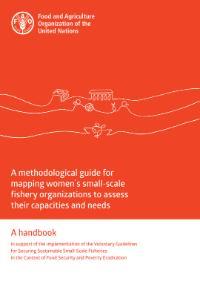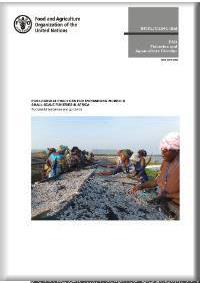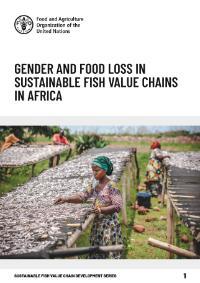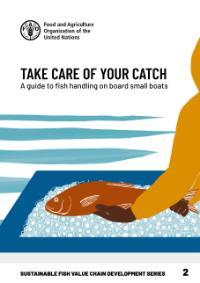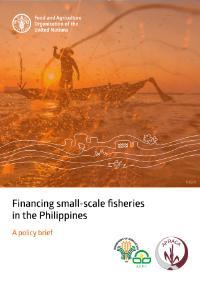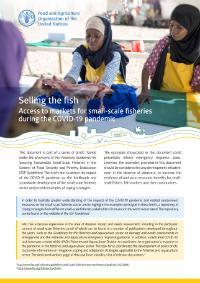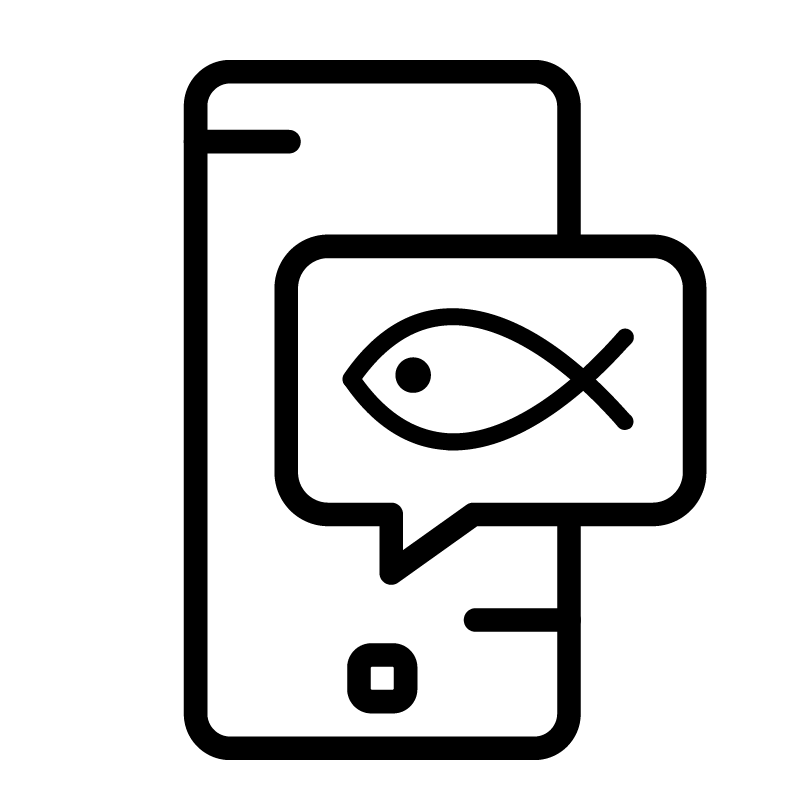Value chains in small-scale fisheries
Small-scale fisheries value chains include all the activities from pre-harvesting to harvesting to consumption. This includes gear making; the capture or harvesting; sorting, cleaning and processing; transport, marketing and selling; and finally the consumption of fish and seafood.
Small-scale fisheries value chain activities are often manual, using low-cost technologies. This makes these value chains accessible for millions of people who have limited assets but can use the skills they have to benefit from the livelihood opportunities available. Yet to avoid food losses and waste along the value chain, fishers and fish workers need some skills and tools.
Pre- and post-harvest
Pre-harvest refers to the work done before the fish and other seafood is caught or harvested, while post-harvest refers to activities such as handling, processing, marketing and other work done after the fish is caught.
While the majority of those catching or harvesting fish are men, a significant number of women are involved in especially post-harvest activities. However, often, the importance of small-scale fisheries value chains – and the people engaged in them – are not fully recognized in policies and decision making.
Trade in small-scale fisheries
Trading fish, either in the local or export market, is an important source of income for fishers and fish workers. But the access to markets can be constrained by for instance a lack of information (on supply and demand, current prices, etc.), weak bargaining power, poor infrastructure for keeping the fish fresh, or difficulties in meeting quality standards set by buyers.
Recommendations in the SSF Guidelines
The SSF Guidelines call for all parts of the value chain to be recognized as important, and emphasize the need to include all who work in pre- and post-harvest activities in relevant decision-making process. They also encourage states to invest in infrastructure, organizational structures and capacity development to make sure that safe, good quality fish products reach consumers.
Furthermore, the SSF Guidelines require trade to be carried out in a fair and honest way that benefits everybody equally, and call for the need to address the problems already mentioned. Importantly, fish exports must not mean that local people lose out when it comes to making a living or eating fish as part of a nutritious and healthy diet. States and other actors should also make sure that trade does not harm the environment, culture, or people's ways of living or well-being.
Chapter 7 in the SSF Guidelines is about Value chains, post-harvest and trade.
SSF Guidelines video on value-chains, post-harvest and trade
Explore the SSF Guidelines Flickr album on Value chains, post-harvest and trade
Related publications
Related news
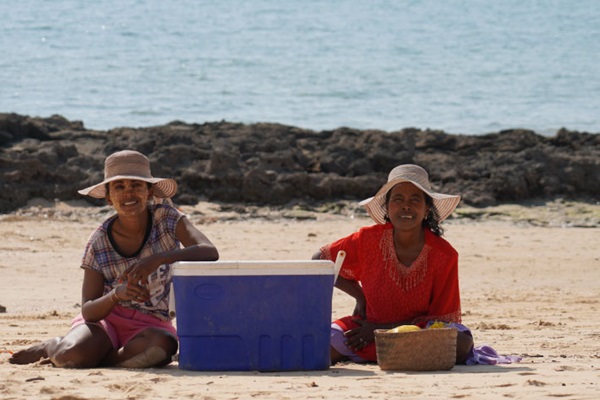
From ice to price: how an ice-machine improve gains for women working in post-harvest fisheries activities in Madagascar
21/11/2025
On the beach of Toliara, Madagascar, women wait under the sun with their coolers ready. The first boats are approaching, and this time, their fish will stay fresh long enough to fetch a fair price.
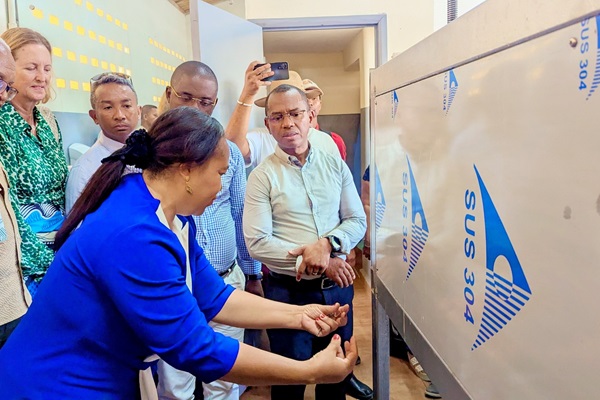
Inauguration of the ice machine donated by FAO to the National Network of Women in Fisheries in Madagascar
12/09/2025
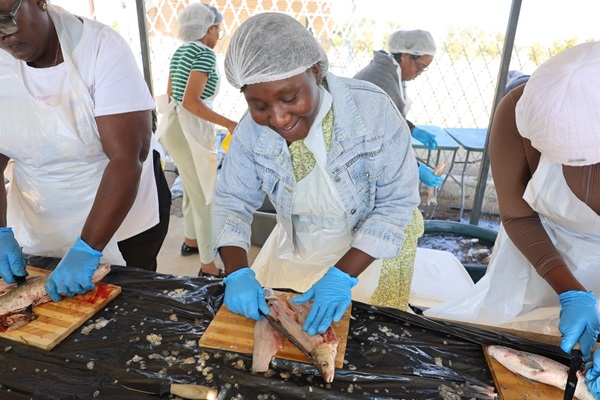
FAO empowers small-scale fishers and traders through climate-smart post-harvest trainings in Namibia
10/09/2025
In support of Namibia’s efforts to build resilient, inclusive, and sustainable agri-food systems, FAO has strengthened its collaboration with small-scale fisheries (SSF) communities through two Training of Trainers (ToT) and two supervised training workshops held in Keetmanshoop and Rundu betw...
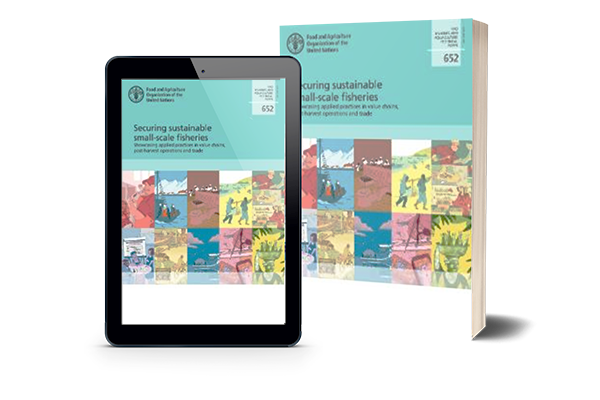
Securing sustainable small-scale fisheries – Showcasing applied practices in value chains, post-harvest operations and trade
The SSF Guidelines recognize the right of fishers and fishworkers, acting both individually and collectively, to improve their livelihoods through value chains, post-harvest operations and trade. To achieve this, the Guidelines recommend building capacity of individuals, strengthening organizations and empowering women; reducing post-harvest losses and adding value to small-scale fisheries production; and facilitating sustainable trade and equitable market access.
Get to know the SSF Guidelines
- Responsible governance of tenure
- Sustainable resource management
- Social development and decent work
- Gender equity and equality
- Disaster risk and climate change
- A human rights-based approach
- Indigenous peoples and small-scale fisheries
- Food security and nutrition
Contact

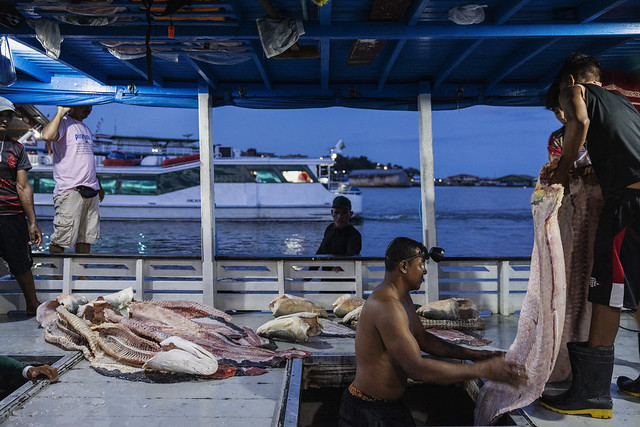
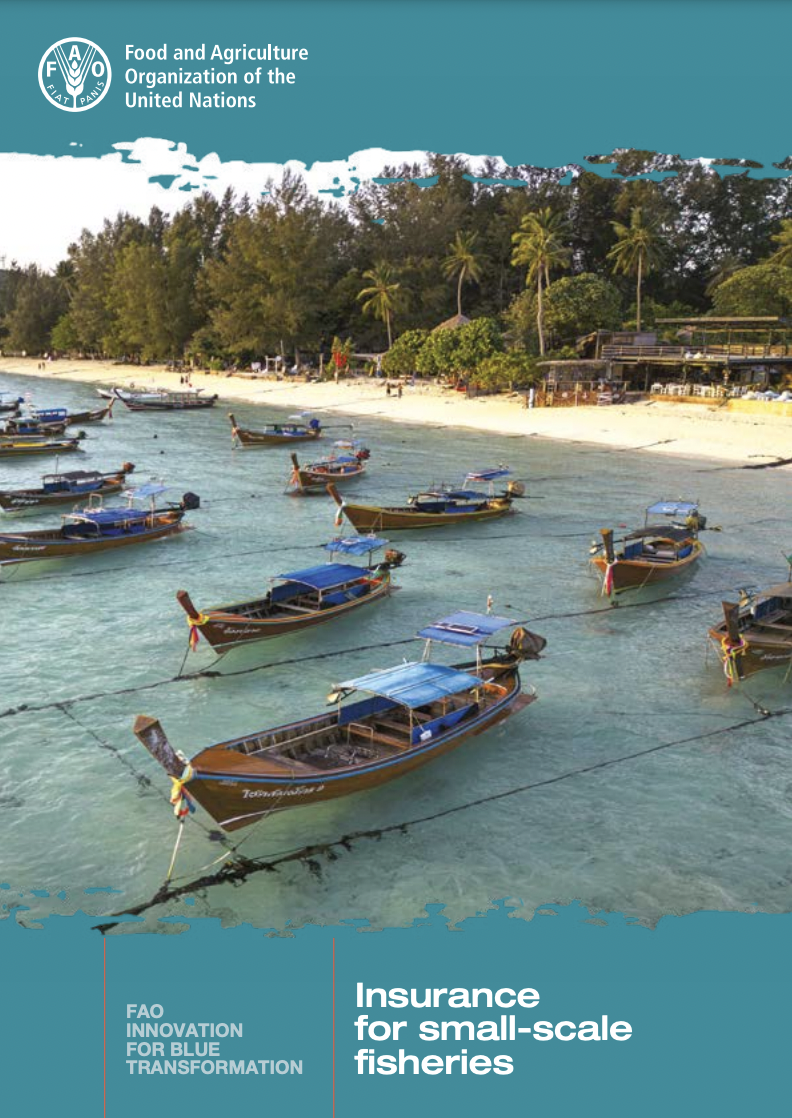
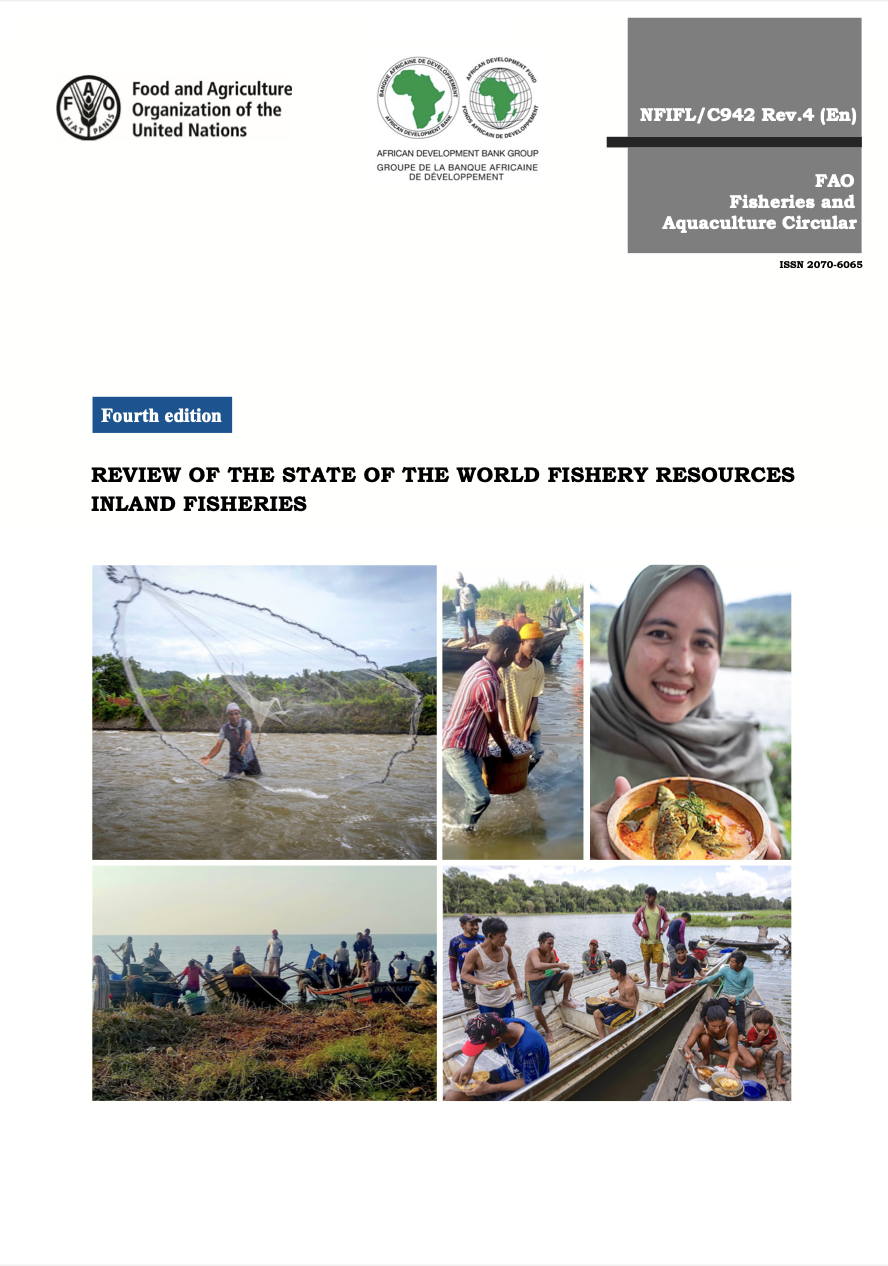
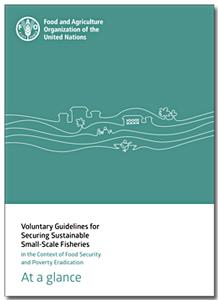
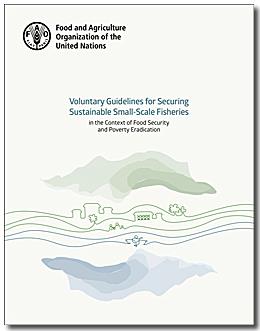
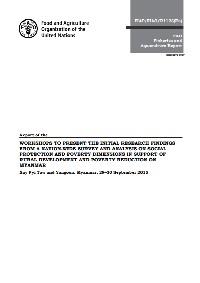
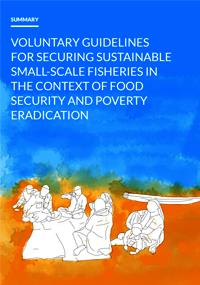
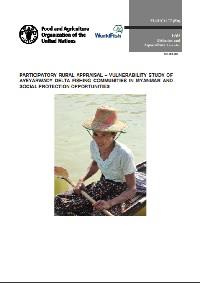
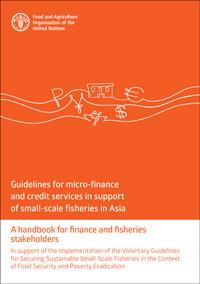
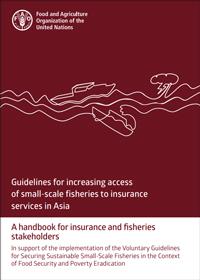

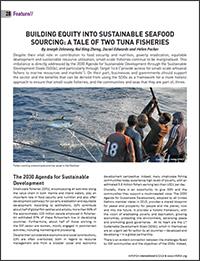
![ca7753en_200[1]](/images/voluntaryguidelineslibraries/publications-images/ca7753en_200-1-.jpg?sfvrsn=af04477f_0)
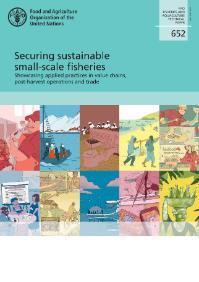
![cb0927en_200[1]](/images/voluntaryguidelineslibraries/publications-images/cb0927en_200-1-.jpg?sfvrsn=1b23d74f_8)
